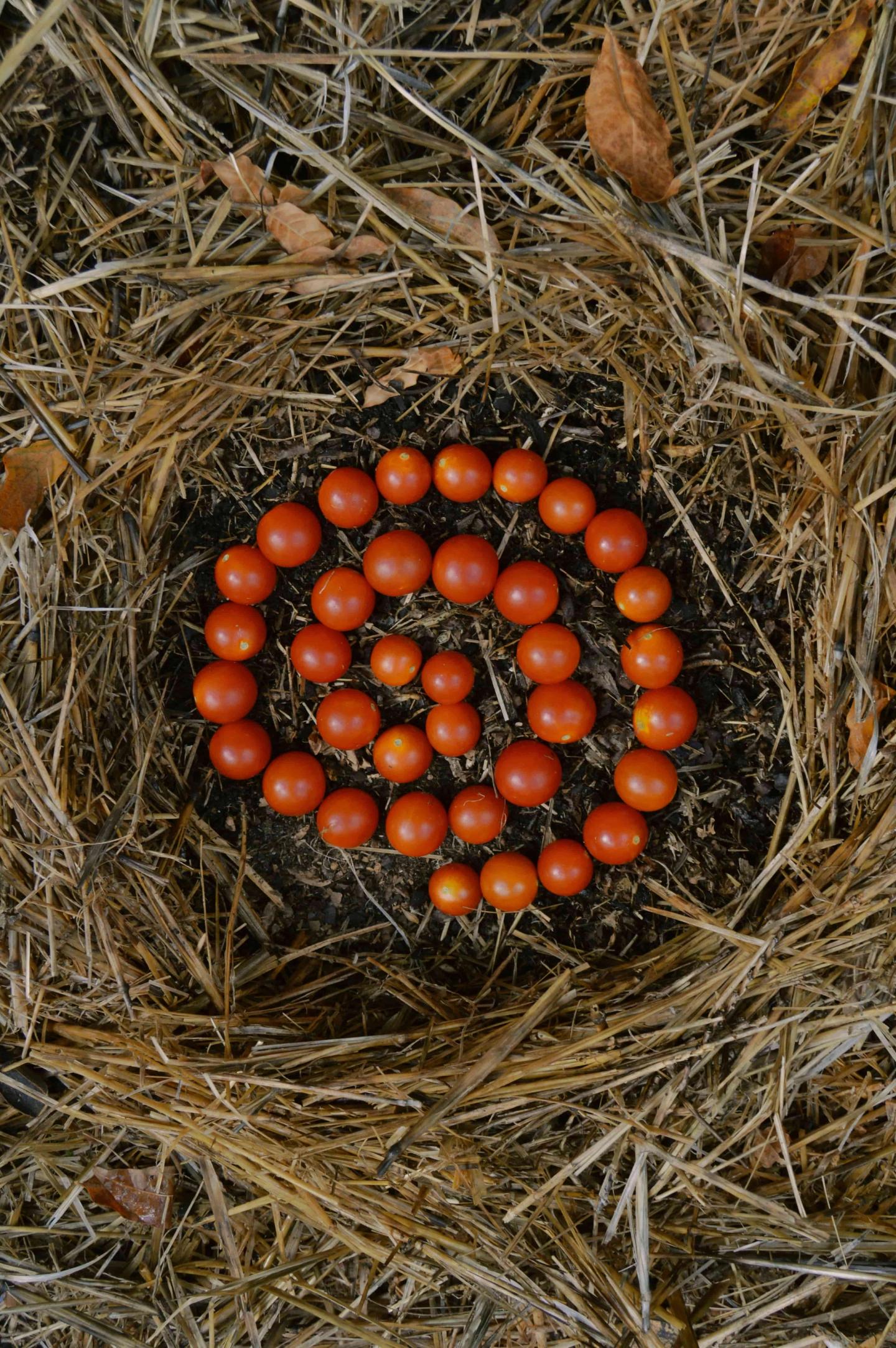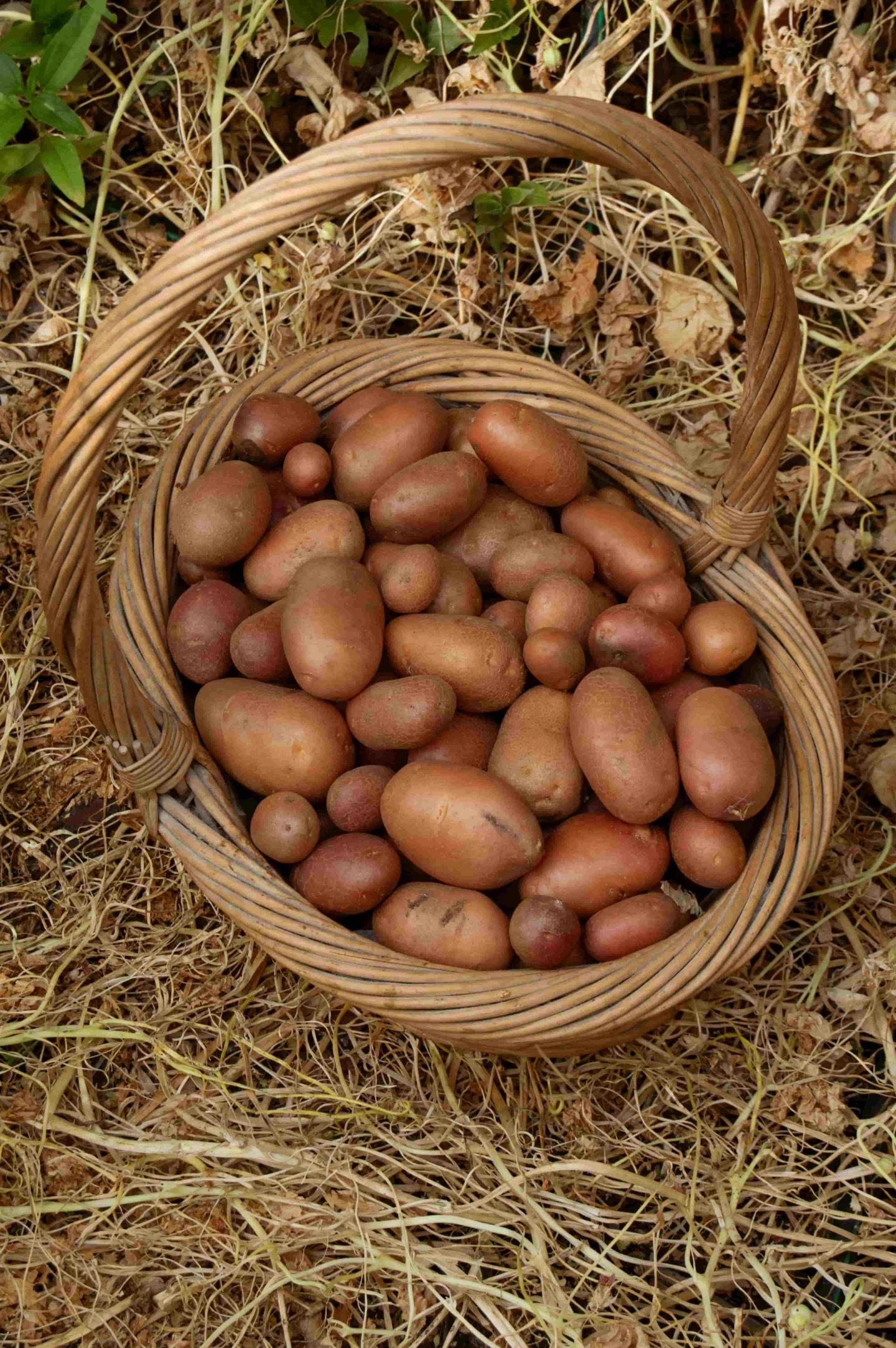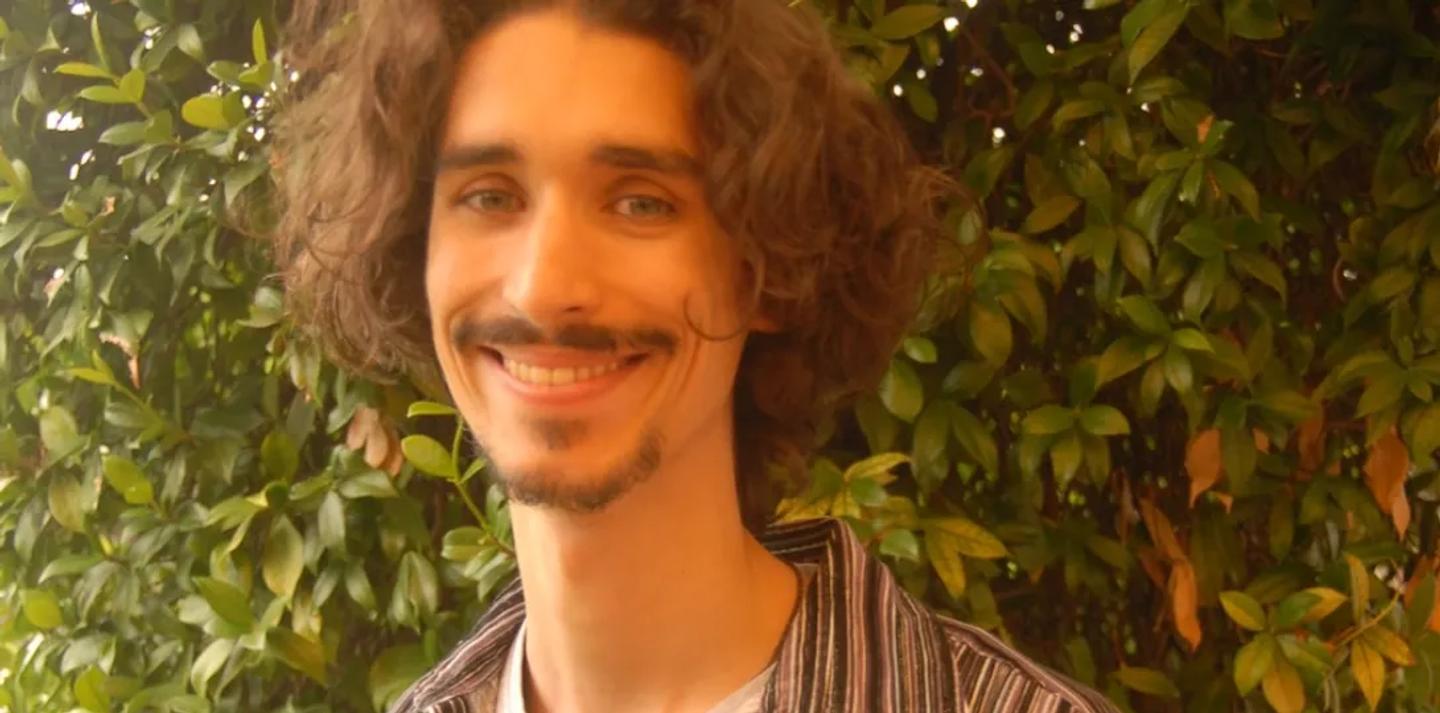

This year, the Alternative MA kicked off with philosopher Michael Marder’s bold and ambitious question: How can we ‘undump’ the world? In his lecture on Metamorphosis and Metabolism, Marder introduced the idea of our current world as a ‘dump’ - not just a physical space of decay, destruction, and extraction, but also an abstract realm of spiritual stagnation, disposable information, and fleeting, superficial connections. This notion, though both ironic and tragic, resonates powerfully with the concept of ‘technofossils’:
[Technofossils] range in scale from the near-continental (urban conglomerations) to small (e.g., bottles, pens) to microscopic (e.g., fly ash particles and other ‘nano-artifacts’). [...] Some are fixed to the ground surface (buildings and roads), others are not (cups, books), while yet others are built for long-distance travel (cars, airplanes) that may even extend beyond this planet (spacecraft). *1
In today’s climate of mass production and technocracy, we are generating waste that will endure for centuries - if not longer. The fossil records of the future will be dominated by non-degradable, ‘immortal’ objects, made from synthetic materials that do not occur naturally. These technofossils are inorganic artifacts of human activity, destined to outlast us, highlighting the lasting impact of our current industrial and consumer practices. Marder’s philosophical framework urges a rethinking of this paradigm, challenging us to find ways to resist this inevitable trajectory. His counterpoint invites a shift from this cycle of waste and obsolescence toward a world where life—and not lifeless debris—endures. This is what Marder calls ‘becoming.’
Becoming serves as the central pillar in challenging the current ‘climatic regime’ (to invoke Latour’s terminology), laying the foundation for what Marder terms ‘strategies of undumping.’ To cultivate a more balanced and peaceful world that respects the global ecosystem, we must shift our focus away from individualism and take a collective perspective, recognising that behind every ‘I’ is a larger ‘We.’ This shift naturally extends to a deeper consideration of the non-human world around us.
Marder presents plants as ‘mementoes’ of becoming, embodying a sustainable, cyclical process: from seed to seedling, to mature plant, to blossom and fruit, and finally, returning to seed. This regenerative rhythm offers an outline for reimagining humanity's relationship with nature, emphasizing symbiosis and renewal rather than exploitation and waste. A fitting starting point for this becoming could be food itself, as many origin stories centre on human sustenance, and the act of eating is, above all, an act of nourishment for both the body and the soul. Moreover, our current climate crisis is inextricably linked to our eating habits and the environmental impact of industrial agriculture. Reconnecting with the natural cycles of food production may serve as a vital step in addressing these broader ecological challenges.
Food is also a perfect example of Marder’s thought in action, as he mentioned during the lecture: “The restless process of metamorphosis visible in nature becomes even more evident in the ways food changes from nature to culture.”*2 Not only that, but the act of eating should be a communal and shared event. The process of cooking is also a transformation from a series of individual actions to a collective pursuit, a transference from the I of a cook to the We of the people who will eat the food.
By viewing food—and by extension cooking—as an act of becoming, we begin to see the potential for transformation in everyday life. Food—a basic necessity—becomes symbol of regeneration, community, and renewal. It reminds us that human subsistence, both physical and spiritual, relies on respecting natural cycles, embracing symbiosis, and rejecting the wasteful, exploitative habits of industrial modernity. In this sense, the kitchen is not just a place for nutrition, but a microcosm of how humanity can undump the world: by nurturing connections, fostering creativity, and promoting a harmonious coexistence with the Earth’s systems.
Among the contemporary remnants of technofossils, now is the time to halt their proliferation and return to 'bread fossils' and other organic traces. *3 The act of cooking and the concern about food sovereignty thus becomes a blueprint for a more sustainable and just world. Moving away from our current cycles of mass production and technocracy to something more enduring, in this world becoming is not only a philosophical ideal but a lived reality.
__
References
1 - Zalasiewicz, Jan et. al. (2014). The technofossil record of humans. Anthropocene Review. 1. 34-43.
2 - Marder, M. (2024) “Metamorphosis and Metabolism” for the Gramounce Alternative MA
3 - The British Museum features in its collection a fossilized loaf of bread discovered in Thebes. One can view these pieces through the following link: https://www.britishmuseum.org/collection/object/Y_EA5341
This article is a contribution from one of the participants of The Gramounce Food & Art Alternative MA 2024-25. Their writing is inspired by one of our seminars, or responds to a similar field of interest within food & art.


João Pedro Soares is a filmmaker, writer, and researcher currently pursuing a PhD in artistic Studies at NOVA-FCSH in Lisbon. His doctoral research explores the intersection of ecology and contemporary Portuguese documentary cinema.
João is a participant of the 2024-2025 Food & Art Alternative MA (online), currently on a work-exchange with The Gramounce.
